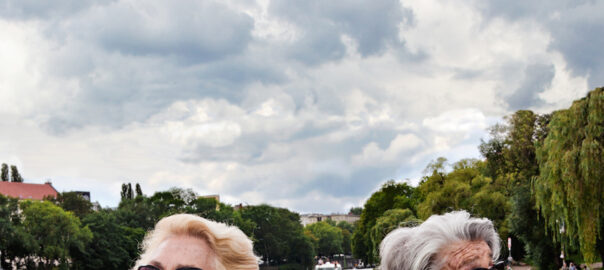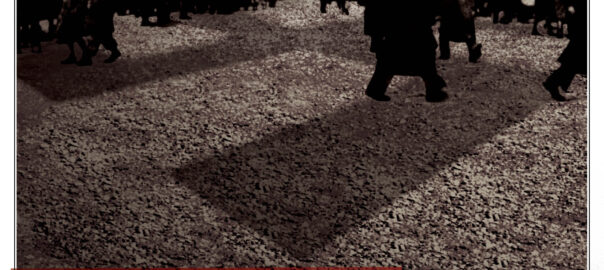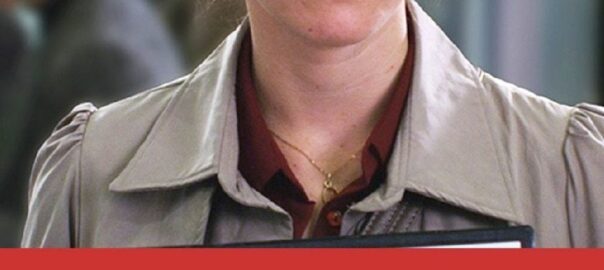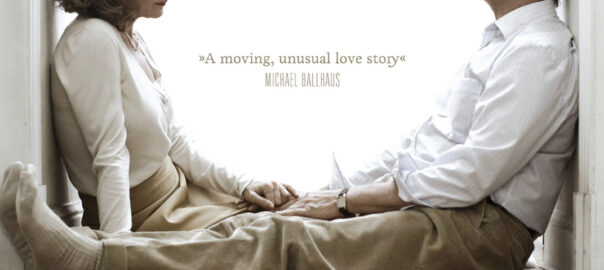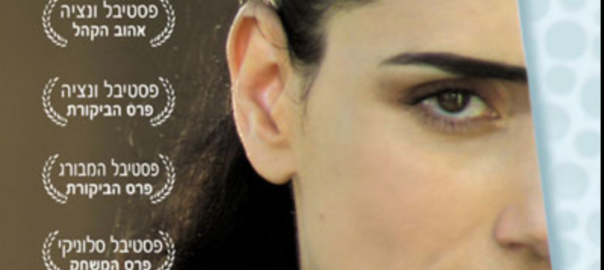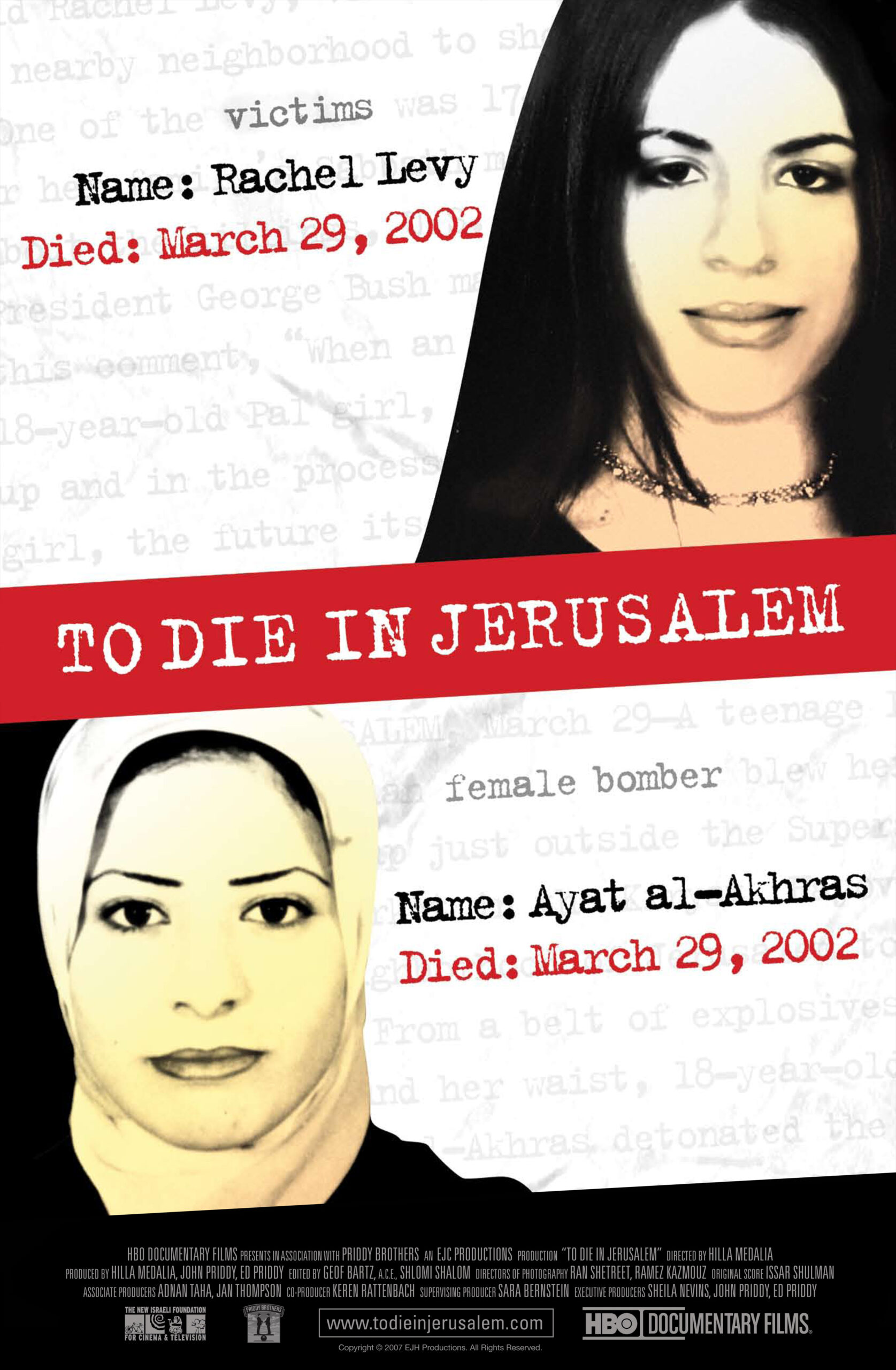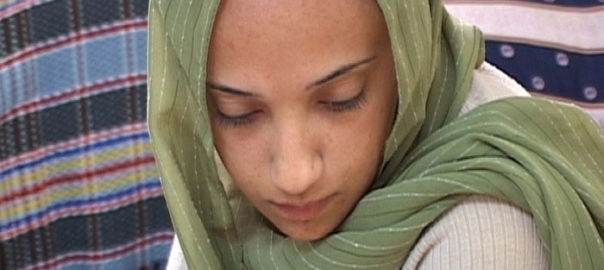Oma and Bella is an intimate glimpse into the life of two dynamic elderly Jewish women in Berlin. The film follows them as make elaborate dishes recalled from their childhoods, before the Holocaust. Through the cooking of the sumptuous meals, they retain a part of their past past while remaining very much engaged in the present.
In 1942, the Nazi propaganda machine was hard at work. 70 years later, the deceit is finally unmasked.
Yael Hersonski’s powerful documentary achieves a remarkable feat through its penetrating look at another film: the now-infamous Nazi-produced film about the Warsaw Ghetto. Discovered after the war, the unfinished work—with no soundtrack—quickly became a resource for historians seeking an authentic record, despite its elaborate propagandistic construction. The later discovery of a long-missing reel complicated earlier readings, showing the manipulations of camera crews in these “everyday” scenes. Well-heeled Jews attending elegant dinners and theatricals (while callously stepping over the dead bodies of compatriots) now appeared as unwilling, but complicit, actors, alternately fearful and in denial of their looming fate.
Two strangers unexpectedly meet at an airport. He mistakenly assumes her to be his assigned driver. She, enchanted by the random encounter, does not hurry to prove him wrong.
Amidst the terror of a German concentration camp in 1944 Poland, a young Jewish woman and a Polish prisoner fall in love. This impossible passion fuels the prisoner’s courage, who manages to rescue his Jewish girlfriend. Against all odds, they escape the camp and survive a treacherous journey to freedom. But during the chaos of the end of the war, they are forcibly separated and each is convinced that the other has died.
More than thirty years later in New York, the happily married 52-year-old woman accidentally gets the most astonishing news of her life: her former Polish lover is still alive. And she has to see him again.
In 1979, Viviane, who is married with three children and is considering divorce, struggles to choose between tradition and inner dreams and desires. Her family attempts to persuade her not break strict Moroccan tradition by going through with her divorce of her husband Eliahou. But Viviane is ready to leave her old life behind to live a new life in modern Israel. To Take a Wife is a story of love and fear, of old and new, and examines the hard choices that must be made when forging a new path.
Ever since seventeen-year-old Rachel Levy, an Israeli, was killed years ago in Jerusalem by a Palestinian suicide bomber, her mother Abigail has never found peace. Levy’s killer was Ayat al-Akhras, also seventeen, a schoolgirl from a Palestinian refugee camp several miles away. The two young women looked unbelievably alike. To Die In Jerusalem unabashedly explores the Palestinian-Israeli conflict through the personal loss of two families, culminating in an emotionally charged meeting between the mothers of the girls–reflecting the conflict as seen through their eyes. But some emotional chasms are too large to cross.
A Badal marriage is when a brother and sister from one family marry a sister and brother from another family, interlocking the two couples forever. If one of these couples divorces, the other must as well. This is common practice in Muslim families in the Middle East.
The director’s aunt, Um Waji, married off her 10 sons and daughters in Badal deals. Now Um Waji is looking for a Badal arrangement for her eldest son Waji, a widower, and his 21-year-old daughter Miada, an unusual arrangement. Through the story of the girls in Um Waji’s courtyard, the film examines a cycle of oppression exercised by women against women. It also portrays the lives of Palestinian women living within Israel and their struggle to be a part of their traditional society, while they strive to maintain their full rights as women and citizens of a Jewish state.
